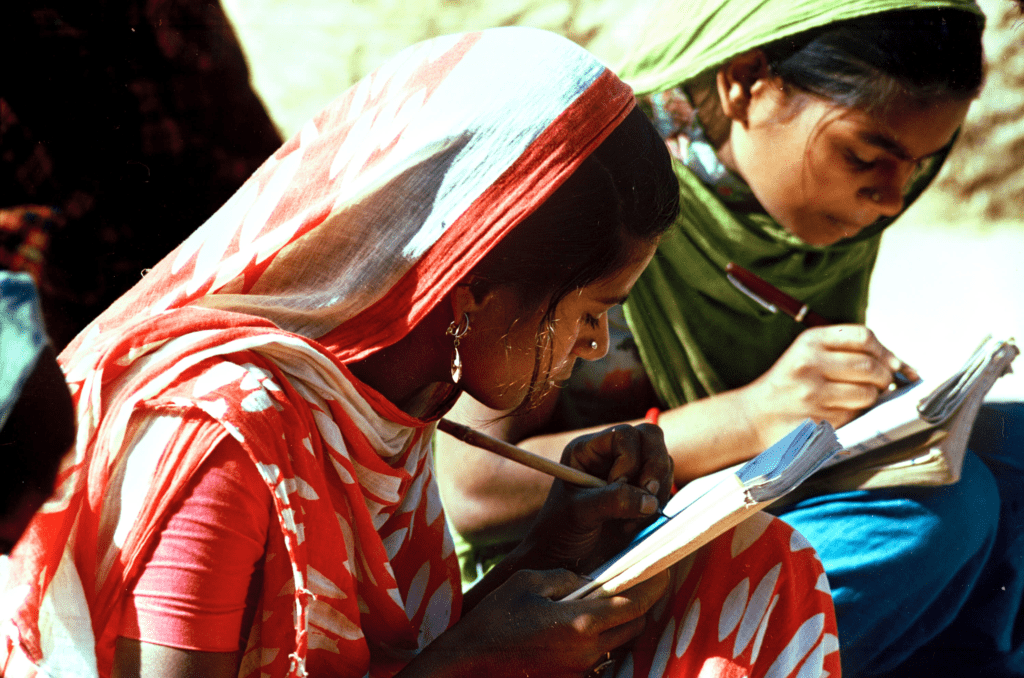University Grants Commission (UGC) has issued guidelines for Higher Education Institutions (HEIs) to provide equitable opportunities to Socio-Economically Disadvantaged Groups (SEDGs)
University Grants Commission (UGC): The University Grants Commission (UGC) has issued guidelines for Higher Education Institutions (HEIs) to ensure equitable opportunities for Socio-Economically Disadvantaged Groups (SEDGs) in higher education. Aligned with the recommendations of the National Education Policy (NEP) 2020, these guidelines emphasize accessibility, equity, and inclusivity. The UGC urges all universities and HEIs in India to adhere to these guidelines, outlining specific actions to enhance the participation of SEDG students in higher education. These measures aim to bridge socio-economic gaps and foster a more inclusive educational environment
University Grants Commission (UGC)
What are Socio-Economically Disadvantaged Groups (SEDGs)?

As per the Government of India, Socio-Economically Disadvantaged Groups (SEDGs) are the segments of the population facing significant economic, social, and educational challenges due to various factors such as poverty, low income, limited access to resources, and social discrimination. These groups include marginalized communities, rural populations, persons with disabilities, and socially excluded minorities
New Guidelines for Universities and HEIs for Socio-Economically Disadvantaged Groups (SEDGs)

- Enhanced Flexibility in Learning and Earning:
- Universities and HEIs are encouraged to provide flexibility in learning schedules, allowing students to gain knowledge and skills while simultaneously earning a living.
- Identification of On-Campus Work Opportunities:
- Institutions should actively identify on-campus part-time work opportunities that are aligned with local needs and languages, providing students with practical experiences while studying.
- Promotion of “Earn While Learn” Programs:
- Universities should promote “earn while learn” programs, publicizing opportunities for students to engage in employment while pursuing their studies, thus supporting their financial needs.
- Transparent Selection Processes:
- It is essential to ensure transparent selection processes, giving priority to students with financial needs when offering on-campus work opportunities or other support programs.
- Collaboration and Funding:
- Universities are encouraged to seek collaboration with government agencies, non-governmental organizations (NGOs), and companies to create employment opportunities for students and secure funding for inclusive initiatives.
- Inclusion in Assessment and Accreditation:
- The concept of “earn while learn” should be integrated into the assessment criteria for accreditation, recognizing institutions that effectively support students in balancing work and study commitments.
- Sensitization Programs on Inclusion:
- Institutions must conduct sensitization programs for all stakeholders, including faculty, staff, and students, to raise awareness and understanding of inclusive policies such as reservations. These programs should foster empathy and support for SEDG students, addressing challenges related to dignity, self-respect, and self-esteem.
| Guidelines | Description |
|---|---|
| Flexibility in Learning and Earning | Provide flexibility in learning schedules to allow students to earn a living while studying. |
| Identification of On-Campus Work Opportunities | Identify on-campus part-time work opportunities aligned with local needs and languages. |
| Promotion of “Earn While Learn” Programs | Publicize opportunities for students to work while studying, supporting their financial needs. |
| Transparent Selection Processes | Integrate the “earn while learn” concept into accreditation criteria, recognizing supportive institutions. |
| Collaboration and Funding | Collaborate with government, NGOs, and companies to create employment opportunities and secure funding. |
| Inclusion in Assessment and Accreditation | Integrate “earn while learn” concept into accreditation criteria, recognizing supportive institutions. |
| Sensitization Programs on Inclusion | Conduct sensitization programs for stakeholders to increase understanding and support for inclusive policies. |
What are the new guidelines issued by the UGC for universities and HEIs?
The new guidelines emphasize promoting inclusivity and supporting Socio-Economically Disadvantaged Groups (SEDGs) in higher education. They include measures such as providing flexibility in learning and earning, identifying on-campus work opportunities, promoting “earn while learn” programs, ensuring transparent selection processes, seeking collaboration and funding, integrating inclusion in assessment and accreditation, and conducting sensitization programs on inclusion
What are Socio-Economically Disadvantaged Groups (SEDGs)?
As per the Government of India, Socio-Economically Disadvantaged Groups (SEDGs) are the segments of the population facing significant economic, social, and educational challenges due to various factors such as poverty, low income, limited access to resources, and social discrimination. These groups include marginalized communities, rural populations, persons with disabilities, and socially excluded minorities
- Marathi Sexy Girl Bike Riding Video: Watch Now
- Germany Faces Recession as Economy Contracts Unexpectedly
- TATA IPL 2023: क्या इस बार मिलेगा आईपीएल को नया चैंपियन , या फिर चैंपियन टीमें ही फिर मारेंगी बाजी
- CTTC Bhubaneswar Recruitment Notification: Various Posts Available
- Uppena fame Krithi Shetty had high hopes for Manamey, after multiple failed movie character


